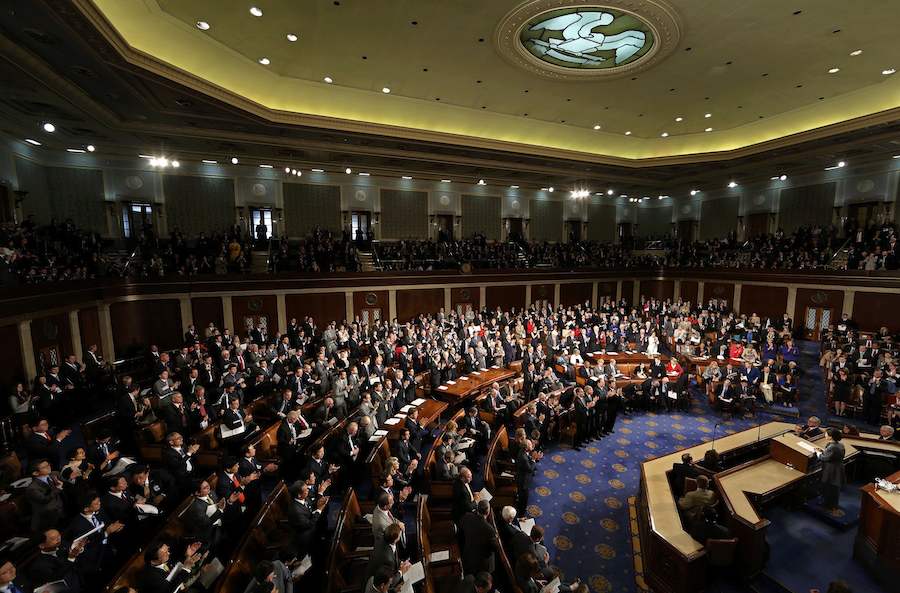Keith Farrell
Congressman Jim Moran (D, NH) has earned scorn for telling CQ Roll Call that “the American people should know that the members of Congress are underpaid.” At first one may be tempted to scoff, to point to Congressional deadlock, to lament the overall condition of the economy that burdens many Americans and tell Congress to take what they’re making and be happy. But the reality is, as unpopular of opinion as this may be, that Congress is underpaid.
Follow TLR on Google+
Consider that any who wants to run for Congress must take considerable time away from their lives, family and career to run for office. This risk alone is enough to dissuade many from ever running for office. Someone making $35,000 a year probably won’t want to take such a financial gamble. The majority of individuals who can afford such a risk and also have adequate knowledge of policy and political processes are high paid professionals: lawyers, doctors, and business leaders. For most of them, the $174,000 yearly salary which Representatives are paid is still a large pay cut from what they were making in their private sector careers.
Some have suggested even cutting congressional pay, but as with any position of employment, lower pay will only attract less qualified applicants. Many skilled professionals already forego any consideration of elected office. In addition to the pay cut, elected officials are subject to non-stop public scrutiny and evasion of their privacy by the media. Any personal details of their lives could end up as front page news. These are hazards the private sector is less exposed to. Public officials practically forego privacy to serve in their positions.
Serving in Congress also requires securing a second home in or near DC, which happens to be one of the most expensive regions in the country to live. So in addition to a pay cut, these individuals are saddled with double the living expenses. Most still have families at home dependent on their income in addition to their newly added living expenses.
Many point to a deadlocked Congress as proof that they are not doing their jobs. In actuality, a bicameral government with opposing parties and a system of checks and balances is designed to move slowly. When Congress is deadlocked, it is actually functioning as it was intended and is not really a reflection of any individual legislator’s job performance.
What would a lower paid Congress look like? It certainly would have less professionals and more laborers. There is a romantic notion that a Congress of laborers from the middle class would somehow better serve America. Even if middle class workers were to take the time off of work to run for office (foregoing badly needed pay in the hopes of winning an election) and win, they would still need to establish a second residence in or around DC.
The US Congress is the head of giant bureaucracy, the full understanding and navigating of which requires entire support staffs for even the most seasoned politico. The process of writing a bill alone is very complex. In regards to Congress, Moran noted: “I understand that it’s widely felt that they underperform, but the fact is that this is the board of directors for the largest economic entity in the world.” He’s right. The private sector equivalent for a job of this scope which drastically alters the life of whoever it employs would pay considerably more than $174,000 a year.
Should we give Congress a raise? No, we currently can’t afford it. But we shouldn’t scoff when one points out what is demonstrable fact.
[about_keith]
The Libertarian Republic is giving away a replica of George Washington’s flintlock pistol. Click here to learn more and enter your email for a chance to win a model of our first president’s beautifully engraved firearm. Or simply enter your information below and you’ll be registered!





4 comments